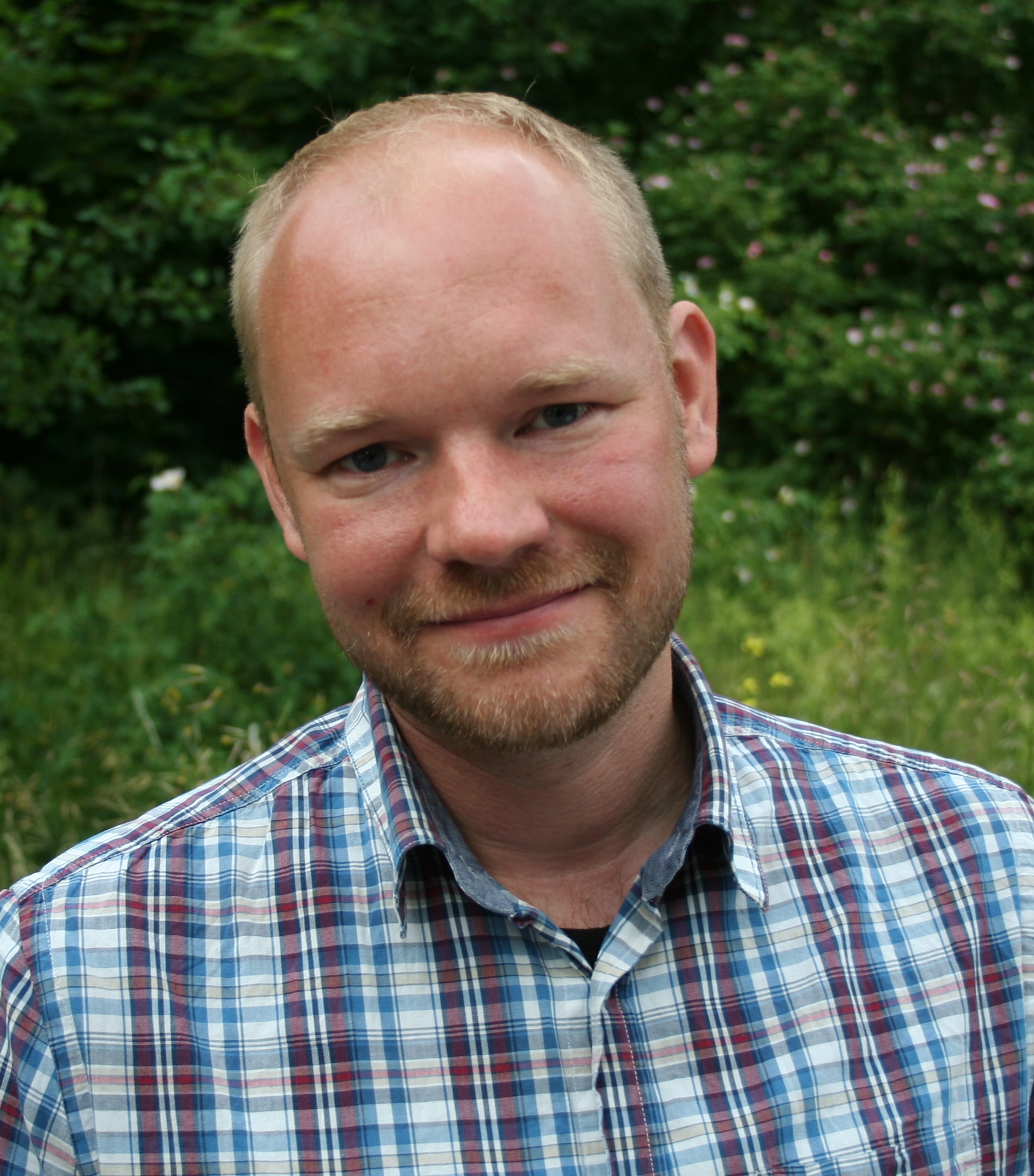One of the most exciting projects that I am involved in right now is the development of a training course for teachers: Pedagogical Methods for Integrating Sustainable Development in Education.
In this very tangible and practical course, the participants learn a set of concrete tools and methods for integrating sustainable development in education. The focus is on practical implementation in the classroom, on intended learning outcomes and on assessment methods. We also discuss how to achieve a progression of the topic of sustainable development through an education programme.
The methods demonstrated and tested during the course are based on modern pedagogical principles such as online/distance learning and blended learning, flipped classroom techniques, active learning and educational games. The course focuses on teaching tools for integrating sustainable development at the course and programme level.
The next round of the course will be in Stockholm, Sweden within the framework of a collaboration with Snowflake Education, IVL Swedish Environmental Research Institute and the Royal Institute of Technology. It will be open though for participants from any higher education institution.
Course leaders will be myself (PhD) and Emma Strömberg (PhD, Docent), plus specially invited guest workshop leaders. All trainers have lots of experience both from teaching sustainable development and integrating sustainability into education programmes and courses themselves, and from coaching other teachers and programme directors in education for sustainable development.
The material in the course draws from the particular challenges that relate to teaching sustainable development as the subject. This is indeed a difficult task, and something that many teachers struggle with. From a general point of view, we consider three building blocks that each has to be given careful attention:
Teaching basic knowledge and facts: some historical background such as the Brundtland commission and the UN conferences from Stockholm (1972) and Rio de Janeiro (1992) to more recent climate conferences eg. Paris (2015); the triple bottom line and the three pillars of sustainability; basics around the Sustainable Development Goals from Agenda 2030; and some terms and abbreviations that we recognise students should definitely know about, eg. LCA, CSR, CO2e etc.
Systems thinking: the world consists of dynamic systems and it is only when students recognise the basics of how systems work that we can truly dig into discussing potential solutions to global issues. It is an extremely strong and important step on the students ladder of understanding, when they realise that they should go beyond linear thinking: that A leads to B, which leads to C that in turn makes D happen – but realising that when D actually affects back on A there is a feedback loop forming! And that feedback loops can be reinforcing development making it happen much faster than first anticipated – or dampening it, making it tremendously slow. This is where we introduce terms such as resilience, system collapses, tipping points, threshold effects, the tragedy of the commons, and perhaps some game theory such as the prisoner’s dilemma.
Normative aspects and perspectives: sustainable development is a subject that is intrinsically driven by normative conceptions, values and opinions, differing stakeholder perspectives, and conflicts of interest. This is also an intrinsic part of any society and addressing societal issues such as sustainability related issues must include a deep discussion about conflicting views. We advocate teaching respect: to respect views that conflict with your own. We address that differences between individuals and organisations is something that we can draw strength from.
Addressing these three building blocks in a classroom is not straightforward. However, it is tremendously important.
During the course, we provide real world examples from our own experience and the participants will also have the opportunity to work hands-on with teaching activities – both in simulated situations and in live events. There will be a lot of individual feedback given to all participants.
What’s next to come is that we are probably going to give one or two exclusive rounds of the course this year at universities that have requested us to deliver it in their premises for their teachers. We are also looking into variants of the course, among those probably an online version as well.
Keep an eye open for updates here on the blog – or even better: of you want to have the latest news about the development of the course directly to your email inbox, sign up for my newsletter (see form to the top right).

